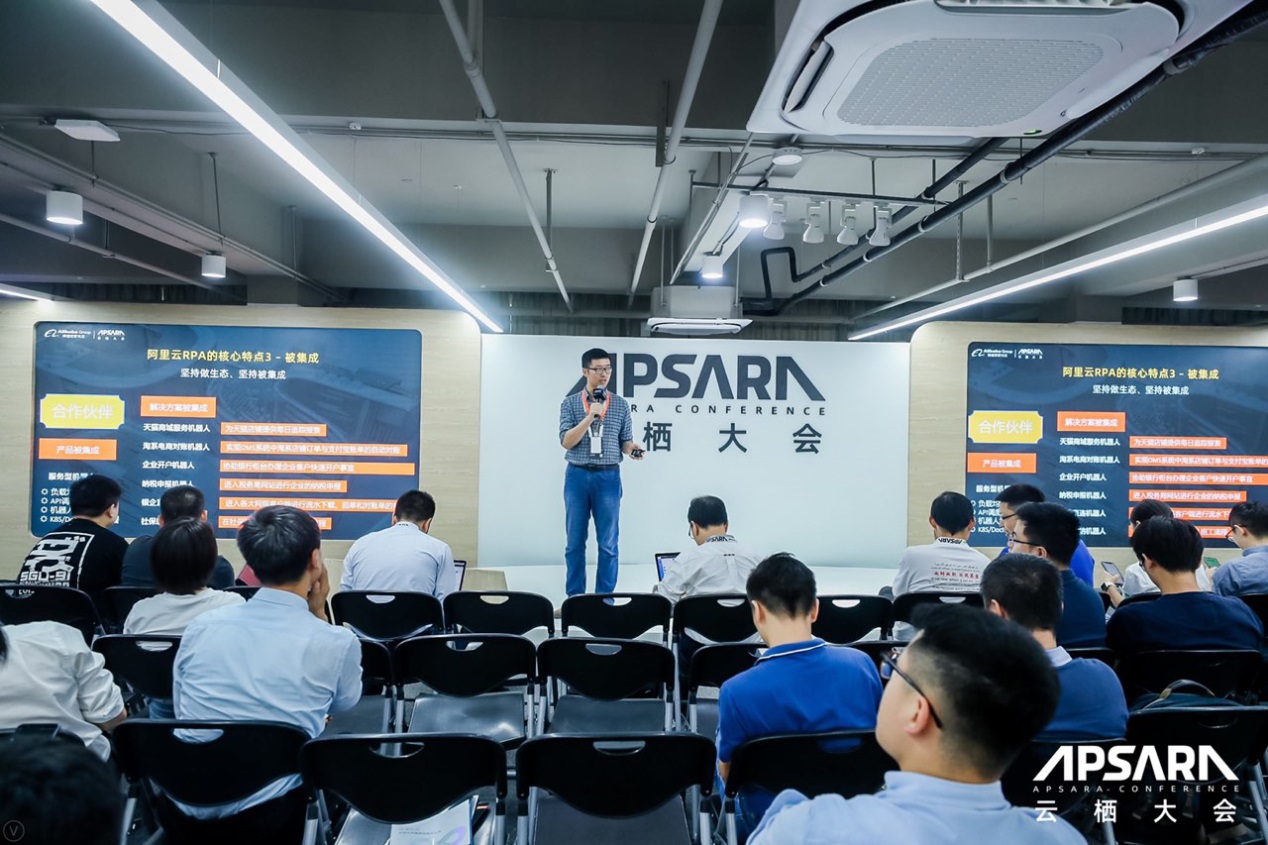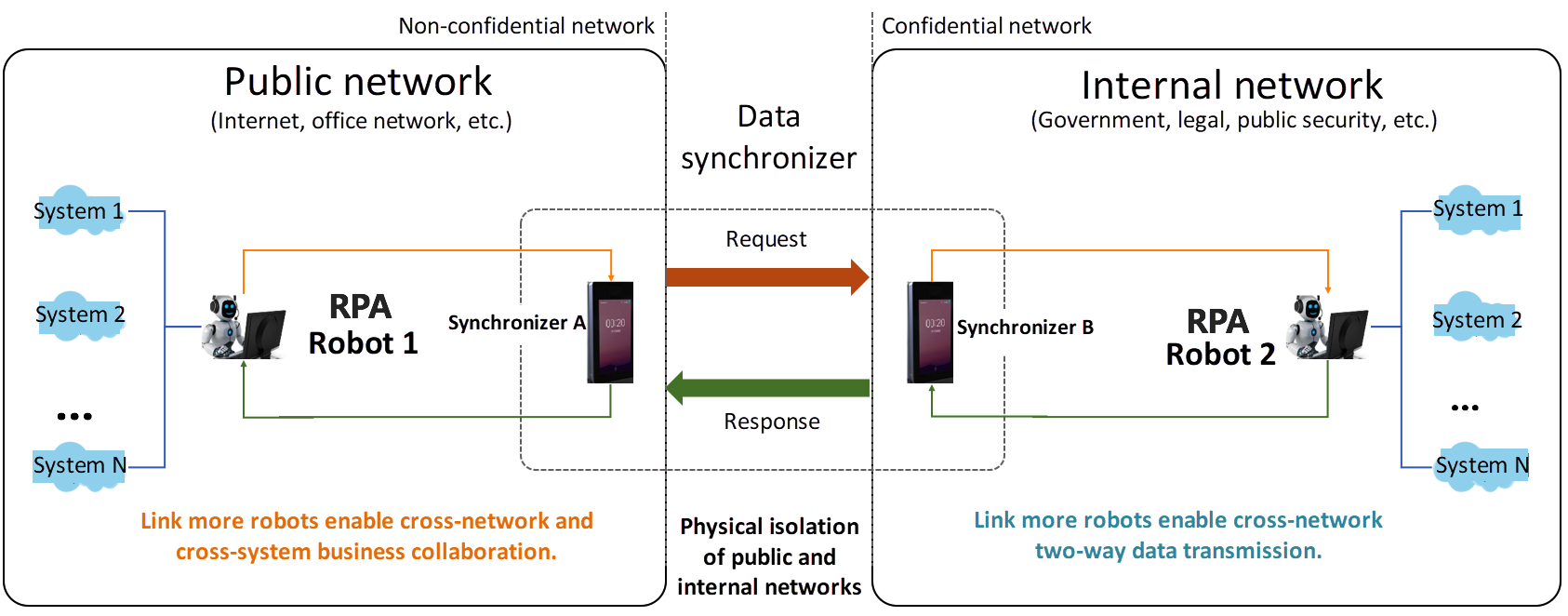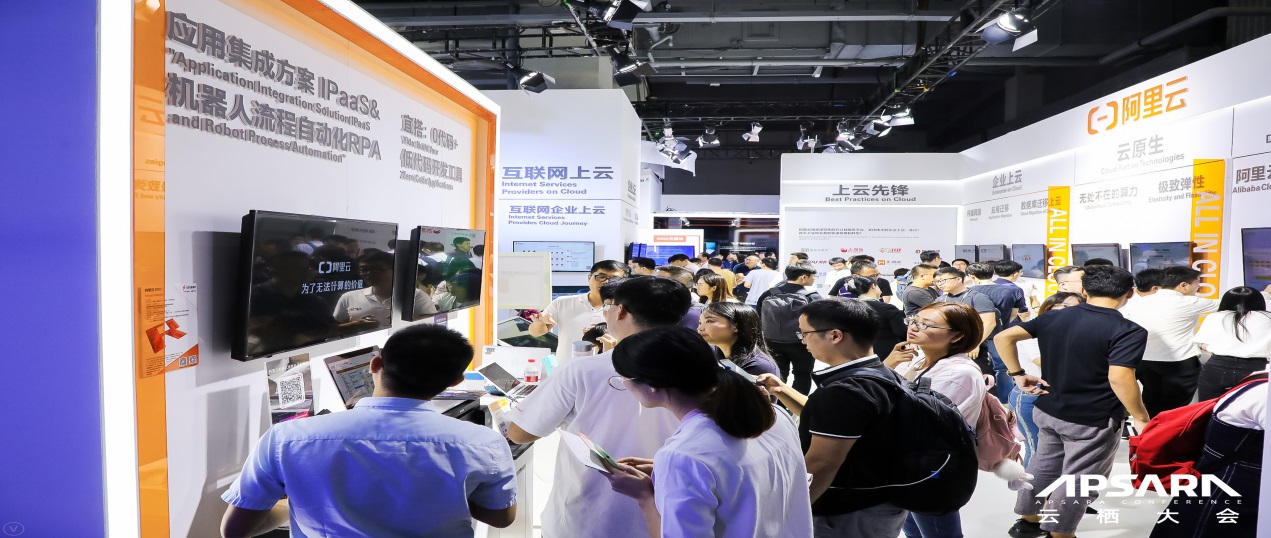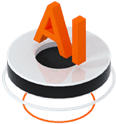Relive the best moments of the Apsara Conference 2019 at https://www.alibabacloud.com/apsara-conference-2019.
By Zhao Yuanling.
On September 26, Alibaba Cloud released RPA version 3.4 during the Apsara Conference in Hangzhou. This new version comes with several new features, such as screen recording monitoring and auditing, JAVA application recording, built-in components for Optical Character Recognition (OCR) from Alibaba DAMO Academy, as well as syntax check and enhanced IntelliSense. 
RPA, which stands for Robotic Process Automation, has been continued to receive much interest in the past several years. At the conference, Shen Feng (pictured above), a senior expert at Alibaba Cloud Intelligence, reiterated the fact that PRA is positioned as a professional, intelligent, and integrated technology.
By professional, what Shen Feng means is that Alibaba Cloud RPA provides industry-leading, stable, and accurate "recording" capabilities, abundant SDKs, along with convenient visualized development capabilities. It provides the industry-leading Alibaba Cloud Docker technology to deploy applications, which isolates internal and public network access. Clients can access the public network while load balancers, NGINX reverse proxies, and databases are deployed in the internal network environment, and applications are encrypted and stored in databases, greatly improving system security. In addition, the "link more" robot exclusively developed by the Alibaba Cloud RPA team had become a highlight for the conference. The robot provides an isolated data transmission channel between the public and internal networks, greatly improving the security of data transmission.

As for intelligent, Alibaba Cloud RPA invested in the development of Intelligent Process Automation (IPA) and announced its cooperation with Alibaba DAMO Academy in artificial intelligence to jointly expand the application of artificial intelligence and integrate technologies such as optical character recognition (OCR), natural language processing, deep learning, and voice recognition. Currently, IPA has been applied and piloted in high-tech fields, such as Alibaba Cloud City Brain and semantic analysis.
Last, being integrated, Alibaba Cloud RPA focuses on the development of its partner ecosystems. That is, Alibaba Cloud's RPA products are fully integrated into the solutions developed by ecosystem partners. At present, over 10 partners have joined the ecosystem to provide consulting and promote the expansion and application of Alibaba Cloud RPA both within and outside China.
For example, Alibaba Cloud RPA and its partners have promoted the application of RPA among benchmarking customers, such as Ant Financial and Cainiao Network Technology. In the finance field, Alibaba Cloud RPA has launched a complete set of banking business automation solutions, such as personal loan robots, automated test robots, and reconciliation robots. This set of solutions has been implemented in major banks and financial institutions.

At present, Alibaba Cloud RPA has achieved initial success in the development of partner ecosystem with more than 300,000 enterprise users. Alibaba Cloud RPA starts from the new retail and e-commerce fields and has expanded to various industries since 2018. It has accumulated benchmarking customers in industries such as finance, real estate, new retail, manufacturing, and government service. It also has automated more than 200 processes in departments such as finance and taxation, law affairs, human resources, supply chain, and operations. During the process, Alibaba Cloud RPA has managed to train a team of people with enhanced delivery and consulting capabilities.
RPA is a popular solution in countries outside of China, especially in Japan, North America and Europe countries. Many Fortune Top 500 companies like Walmart have begun to use RPA technology to automate daily operations and maintenance, offloading repetitive tasks and improving efficiency. The financial robots and customer service robots that are popular in the market are all such examples of RPA technology.
RPA has been implemented in multiple fields, such as finance and taxation, human resources, IT, and warehousing and logistics, which have generated a slew of best practices. It can be implemented out-of-the-box with no invasive procedures and can help people execute repetitive, regularly-performed, and large-scale cross-system or cross-platform work on computers, helping enterprises reduce up to 80% of costs and achieve break-even within a year. Furthermore, RPA-driven products can work at full capacity all year round. With it, you can define new rules or modify the programs to respond to new business requirements as they arise. Compared with manual labor, a well-tuned RPA system can improve efficiency by an average of 500% while ensuring error-free operation.
yanmin - June 27, 2019
yanmin - June 27, 2019
yanmin - June 27, 2019
yanmin - June 25, 2019
Rupal_Click2Cloud - November 15, 2023
yanmin - June 27, 2019
 AI Acceleration Solution
AI Acceleration Solution
Accelerate AI-driven business and AI model training and inference with Alibaba Cloud GPU technology
Learn More Robotic Process Automation (RPA)
Robotic Process Automation (RPA)
Robotic Process Automation (RPA) allows you to automate repetitive tasks and integrate business rules and decisions into processes.
Learn More Tongyi Qianwen (Qwen)
Tongyi Qianwen (Qwen)
Top-performance foundation models from Alibaba Cloud
Learn More Global Accelerator
Global Accelerator
Provides network acceleration service for your Internet-facing application globally with guaranteed bandwidth and high reliability.
Learn More